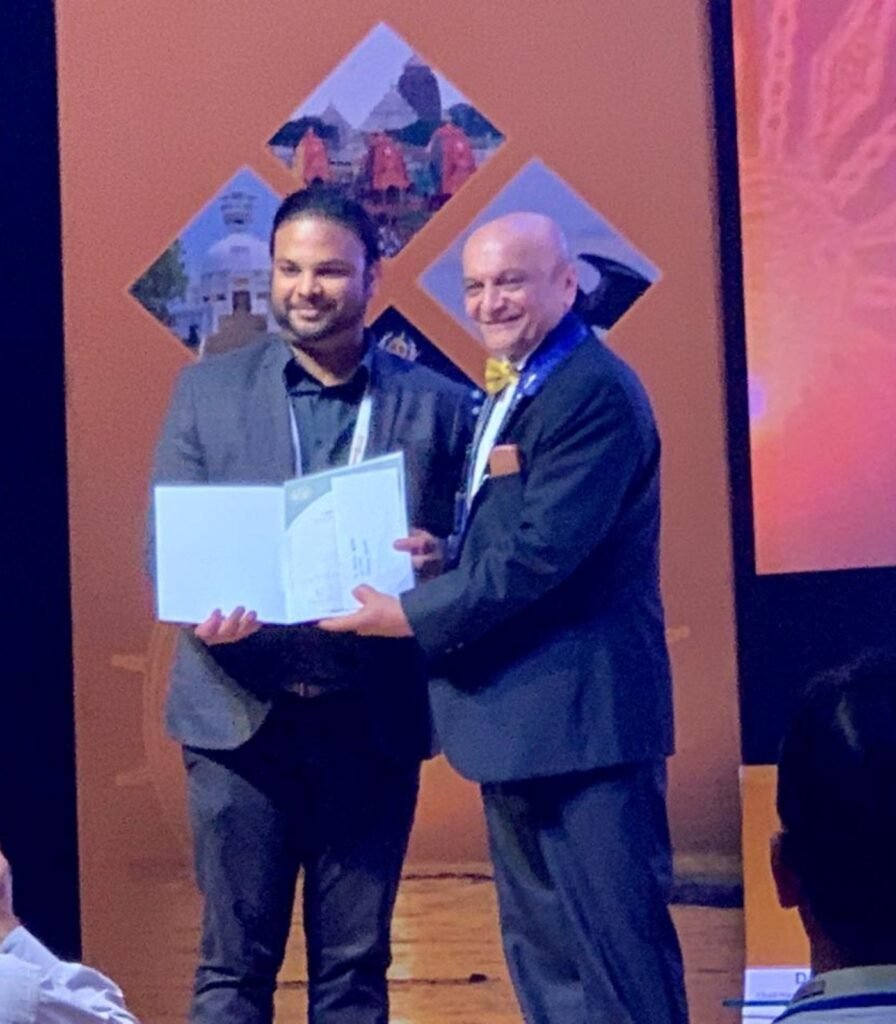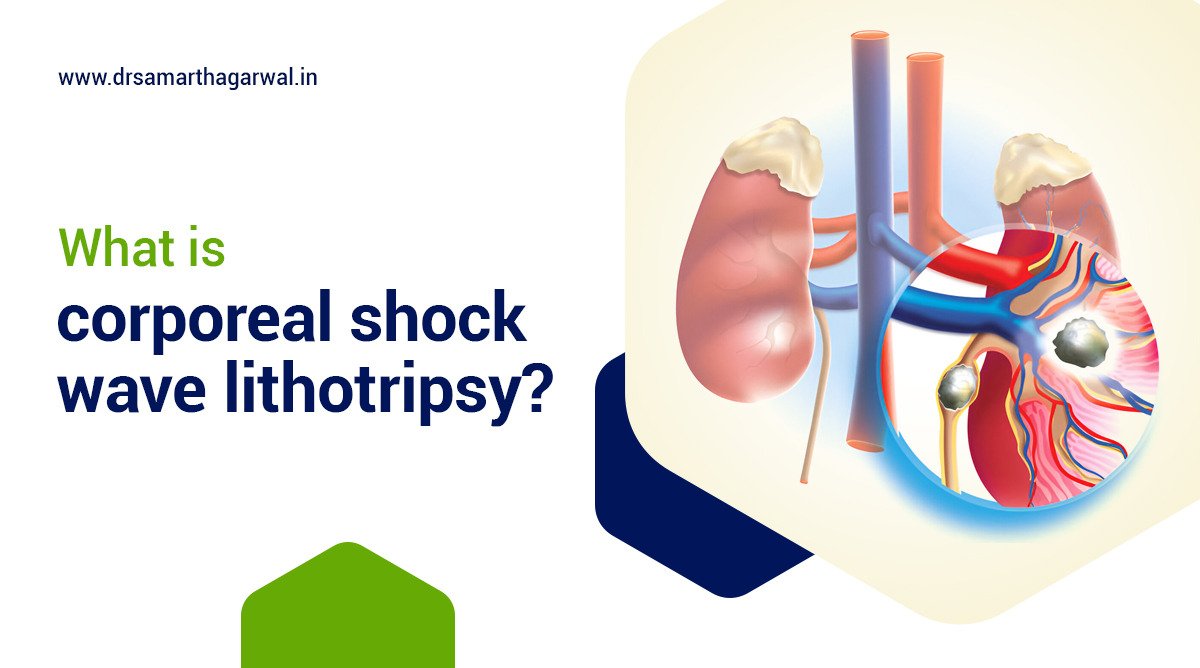Corporeal shock wave lithotripsy is a non-invasive medical procedure that uses high-energy shock waves to break kidney stones into smaller fragments. This treatment method allows patients to pass the stone fragments naturally through their urinary system. Corporeal shock wave lithotripsy involves:
- Focusing shock waves on kidney stones
- Breaking stones into smaller pieces
- Facilitating the natural passage of fragments
- Minimizing need for invasive surgery
- Using X-ray or ultrasound for stone localization
How painful is shock wave lithotripsy?
Shock wave lithotripsy typically causes mild to moderate discomfort during the procedure. Patients may experience a sensation of light tapping on their skin as the shock waves target the kidney stones. Pain levels during ESWL:
- Mild discomfort for most patients
- Moderate pain for some individuals
- Manageable with sedation or pain medication
- Temporary flank pain post-procedure
- Discomfort during stone passage
ESWL vs PCNL
ESWL and Percutaneous Nephrolithotomy (PCNL) are two distinct approaches for treating kidney stones, each with specific indications and outcomes.
| Aspect | ESWL | PCNL |
| Invasiveness | Non-invasive | Minimally invasive |
| Anesthesia | Local or light sedation | General anesthesia |
| Stone size | Effective for stones <2 cm | Preferred for stones >2 cm |
| Recovery time | Shorter, often outpatient | Longer, hospital stay required |
| Success rate | Higher for smaller stones | Higher for larger stones |
| Complications | Generally fewer | Potentially more risks |
| Repeat treatments | May be necessary | Less likely to need repetition |
How long does pain last after shock wave lithotripsy?
Pain after shock wave lithotripsy typically subsides within a few days to a week. Patients may experience discomfort as stone fragments pass through the urinary tract. Post-ESWL pain duration factors:
- Stone size and location
- Individual pain tolerance
- Effectiveness of pain management
- Presence of complications
- Rate of stone fragment passage
Are you put to sleep for shock wave lithotripsy?
Patients undergoing shock wave lithotripsy are usually not put to sleep with general anesthesia. ESWL typically requires only light sedation or local anesthesia to manage discomfort during the procedure. Anesthesia options for ESWL:
- Light sedation (most common)
- Local anesthesia
- Intravenous pain medication
- Regional nerve blocks (in some cases)
- General anesthesia (rare, for specific situations)

Contact Dr. Samarth Agarwal if you have any questions or concerns about your Urinary health!




